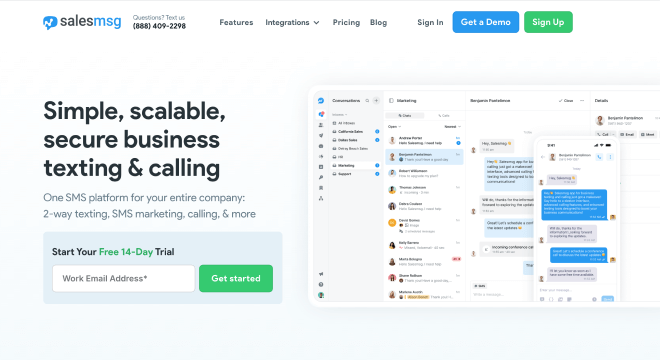Make the most of Retently - lessons from power users
Get inspired by companies transforming their Customer Experience.
Industries:
Ecommerce & Retail
PSD Underwear Hits an NPS Score of 72 Through Multi-Channel Feedback Across 4 Touchpoints
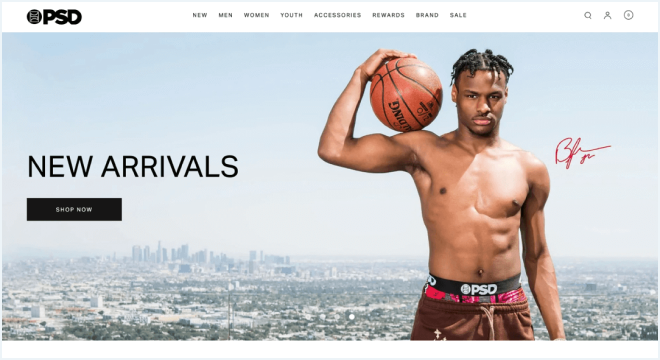
How Jones Road Beauty Achieved 96% Customer Satisfaction While Cutting Costs by 50%
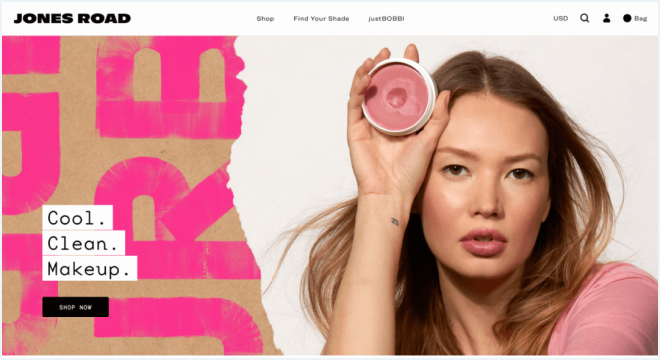
SpearmintLOVE Achieved an NPS of 79 Through Automated Customer Feedback Across 5M+ Users
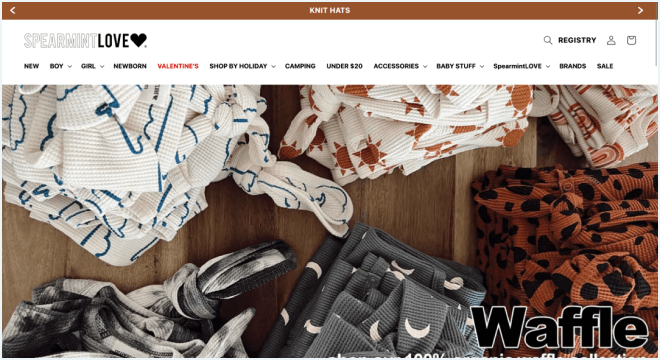
Epic Gardening Achieved an Unmatched NPS Score of 88 Through Community Building

Bouclair Achieved 86% CSAT and 65% Response Rate Through Bilingual Customer Feedback
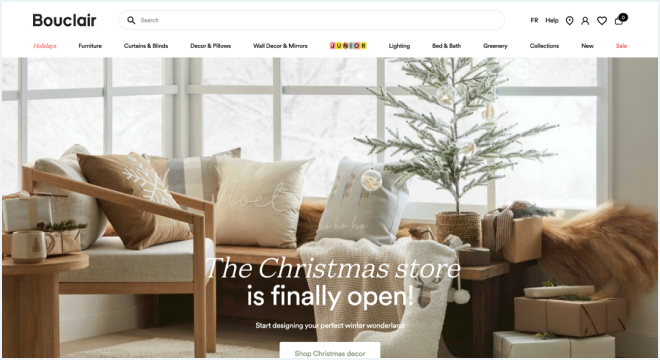
Umart Slashes Customer Experience Costs by 250% While Boosting Service Quality
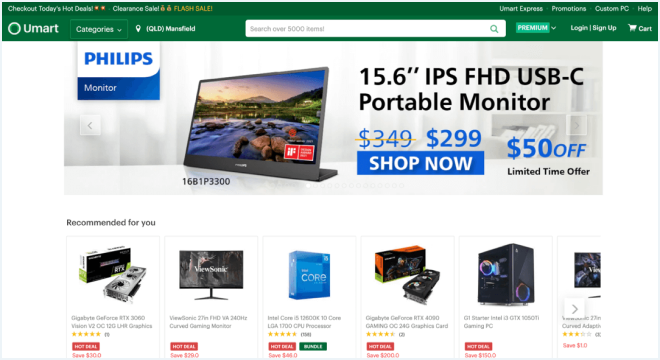
Financial Services & Insurance
Splitit Increased NPS by 51% Through Dual-Channel Customer Feedback Across 3,000+ Merchants

PensionBee Achieved an NPS of 63 Through Data-Driven Customer Experience Analysis

Ruralins Achieved an NPS of 64 Through Touchpoint-Based and Regular Surveys













